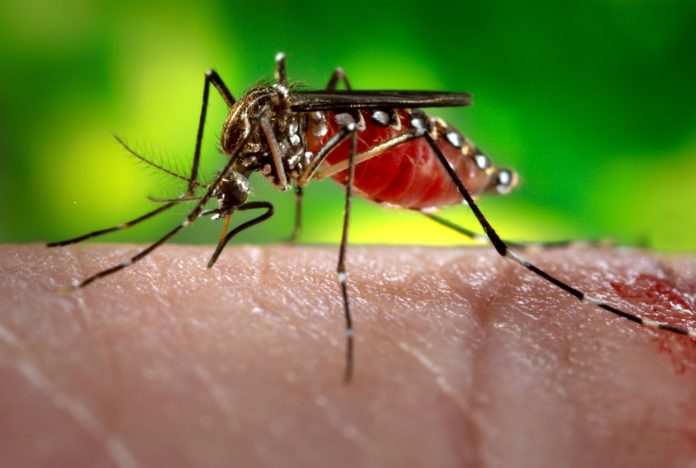An estimated four billion people are at risk of infection around the world, and this number is estimated to increase to 5 billion by 2050
The World Health Organisation has launched a Global Strategic Preparedness, Readiness and Response Plan (SPRP) to tackle dengue and other diseases caused by viruses carried by the mosquito of the Aedes family.
The purpose of the plan is to mount a coordinated global response that will over time reduce the incidence of dengue, zika and chikungunya. Dengue cases in particular have shown a surge globally with cases rising in all regions of the world. The global body estimates that about four billion people are at risk of these diseases and by 2050 the number could go up by another 25%.
“The rapid spread of dengue and other arboviral diseases in recent years is an alarming trend that demands a coordinated response across sectors and across borders. From maintaining clean environments to supporting vector control and seeking and providing timely medical care, everyone has a role to play in the fight against dengue. This plan is a roadmap to turn the tide against this disease and other Aedes-borne arboviral diseases, protect vulnerable populations and pave the way for a healthier future,” said Dr Tedros Adhanom Ghebreyesus, WHO Director-General.
Factors such as unplanned urbanization and poor water, sanitation and hygiene practices, climate change and international travel, are facilitating the rapid geographical spread of dengue. The disease is now endemic in more than 130 countries.
In India in 2023, 485 people died of the disease with the total number of cases being 289235. Figures available with the National Vector Borne Disease Control Programme till June this year – which was before dengue season started – show that 32091 cases and 32 deaths had already been reported.
The SPRP comprises five key components essential for a successful outbreak response:
- Emergency coordination: Establishing leadership and coordination activities;
- Collaborative surveillance: Developing and using tools for early detection and control of dengue and other Aedes-borne outbreaks, including strengthened indicator and event-based surveillance, epidemiological analysis, laboratory diagnostics, and field investigations;
- Community protection: Engaging communities through active dialogue and local adaptation of prevention and response measures, including mosquito population control;
- Safe and scalable care: Ensuring effective clinical management and resilient health services to ensure patients can receive adequate care and prevent illness and death; and
- Access to countermeasures: Promoting research and innovation for improved treatments and effective vaccines against these diseases.


